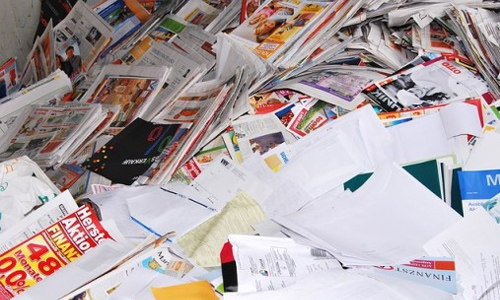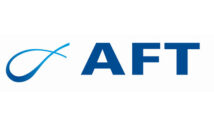
Amid the spread of COVID-19, governments across the EU have taken the decision to define the essential services that must be maintained during the lockdown to fight the virus and ensure society continues to function.
The production of goods and services deemed non-essential are therefore curtailed or stopped altogether in a bid to prevent the spread of the disease. They may also be denied access to raw materials to continue production as we currently face the situation with the access to synthetic ethanol and isopropanol used in the printed food packaging industry.
Intergraf calls on authorities at national level to recognise printing as part of the essential services. If the printing industry is not permitted to function as usual and denied financial assistance, access to raw materials or other support, authorities risk that indispensable products are not produced.
Printing of food, hygiene products and medicines
Printers producing printed food packaging are more crucial than ever as supermarkets come under increased pressure to make sure shelves in shops are kept full for consumers. The same applies to hygiene products. Pharmacies must be guaranteed an uninterrupted supply of medicine, the packaging of which is also printed by our industry. Avoiding disruptions to key value chains must be prioritised. And the communication of public health information should not face any restrictions.
Printing of labels, posters and folders
Labels, posters and information-folders are very important communication tools, to give clear and barrier-free information to citizens and to explain important measures and to help to avoid direct contact at critical places and structures.
Printing of newspapers
Similarly, concerned citizens rely on daily news to keep themselves informed about the virus. According to Eurostat, 10% of individuals in Europe do not have access to the internet in their households (rising as high as 25% in certain countries), rendering them unable to access news online. This is to a large extent older people, one of the most important cohorts of people to remain informed in this crisis, given that they are in a high-risk category. And according to a Eurobarometer survey on fake news and online disinformation, traditional print media, TV, and radio continue to be the most trustworthy sources of news. Fake news about COVID-19 is dangerous, threatening real people’s lives. At a time of widespread uncertainty and concern, the printing of newspapers must continue.
Printing of books
Printed books are a perfect entertainment tool in time of containment. It is in particular a good way for all, and in particular younger people, to spend time away from on-line tools. Printed books can still be supplied in supermarkets and ordered online. A continuous production of printed books should be maintained.
For the supply of packaging for critical products, of reliable information through the printed press and of printed books Intergraf and its members underline that it is critical that governments include the printing sector (NACE 18.1) and related supplying sectors as essential industry during the COVID-19 crisis.

































